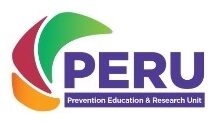20 Years of
SA
L
SA
Celebrating 20 years of the SALSA program, a collaborative approach dedicated to promoting physical activity and healthy eating for a healthier school community.
It all started in 2004
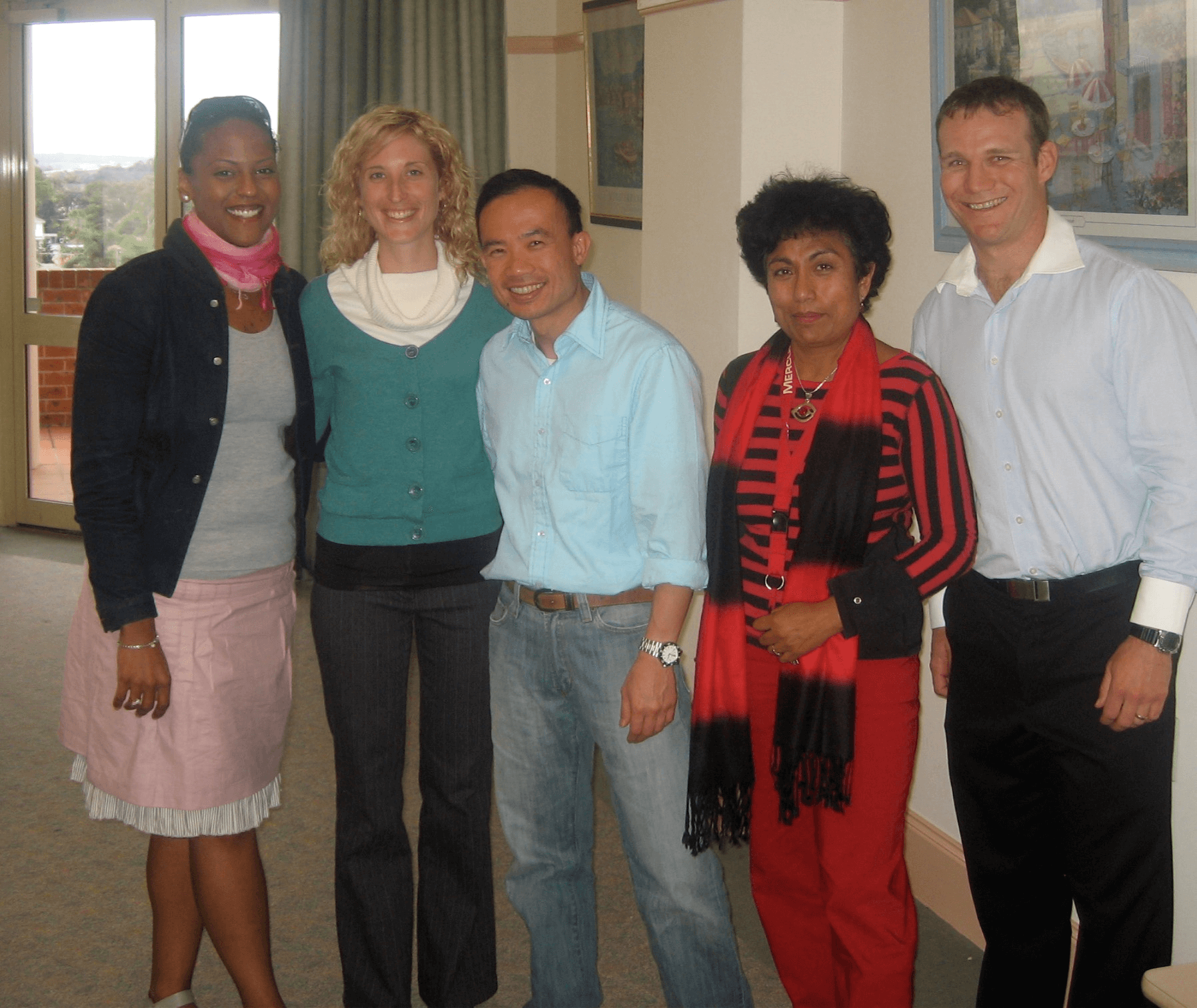
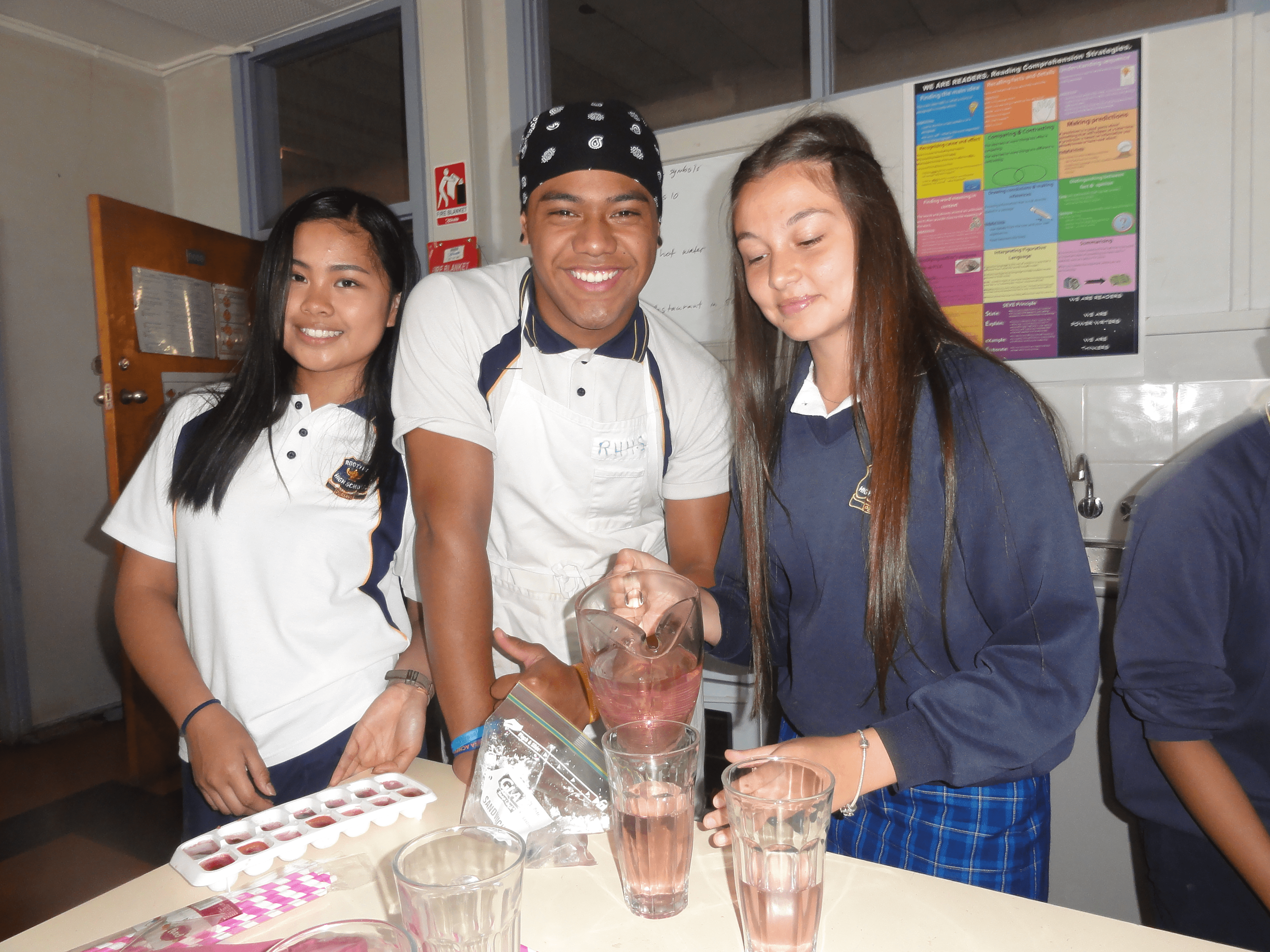
It was inspired by two programs
When developing the program, two established peer-education models were drawn upon:
Triple A (Adolescent Asthma Action) program, an evidence based and effective peer-led model in influencing health behaviour change in adolescents as well as being acceptable to schools (Shah et al., 2001; Shah et al., 2008).
TEENS (Teens Eating for Energy at School) program, a school-based nutrition education program conducted in the USA from which evaluation questionnaires were adapted (Story et al. 2002).
How did it work?
To ensure the objectives and planned activities of the program would be relevant to students, a meeting was conducted with members of the school community to elicit feedback about the draft program. The participants consisted of:
- 5 high school students
- 2 parents
- 1 teacher
- 5 university students who were studying physical development, health and physical eduction (PDHPE)
Appropriate content and strategies were based on the program objectives, a literature review, teaching experience and the feedback. Students suggested the name of the program, Students As LifeStyle Activists (SALSA). The program was designed to fit into the school’s PDHPE curriculum and demonstrates the useful role of GPs and health professionals in health promotion activities in schools.
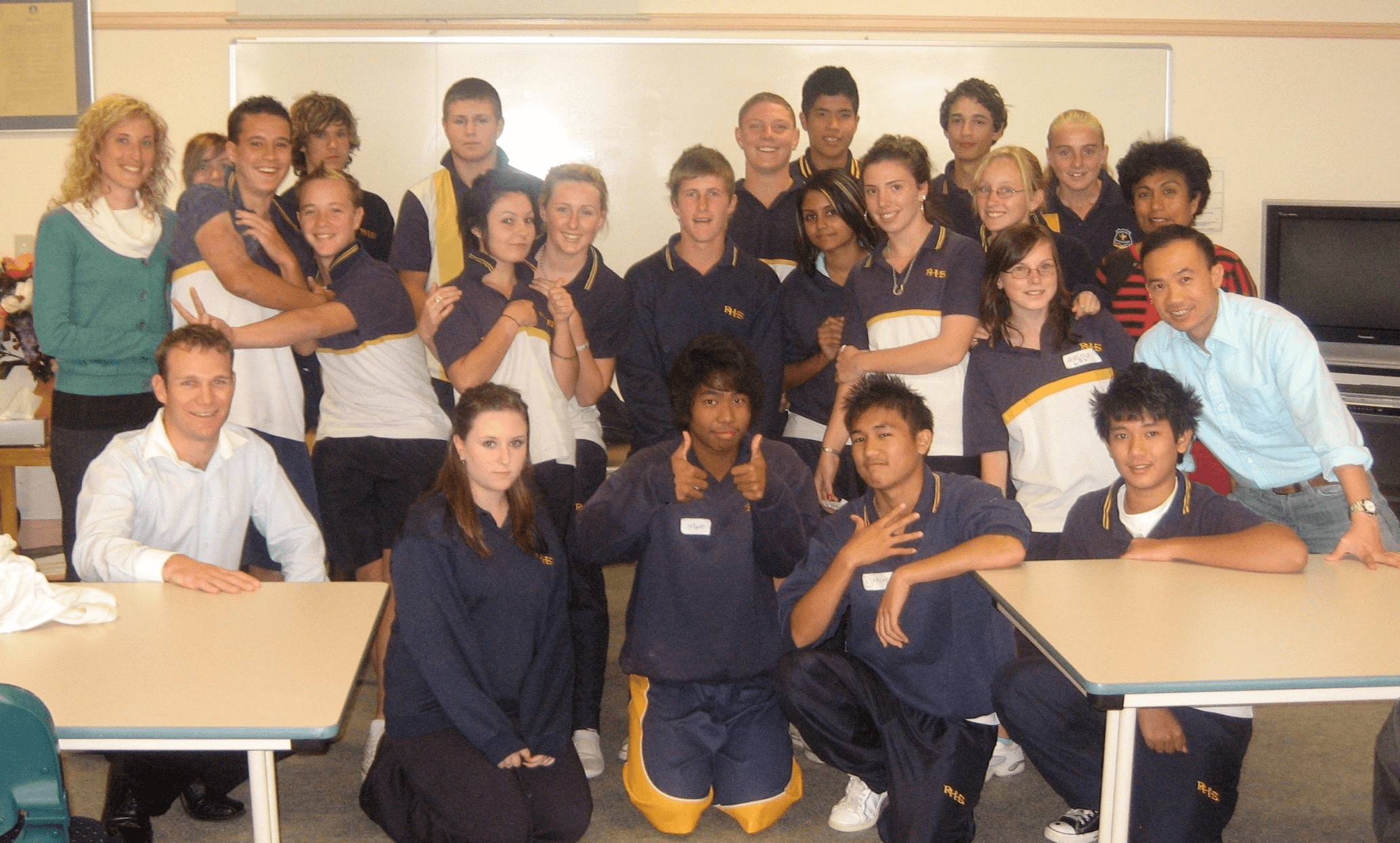
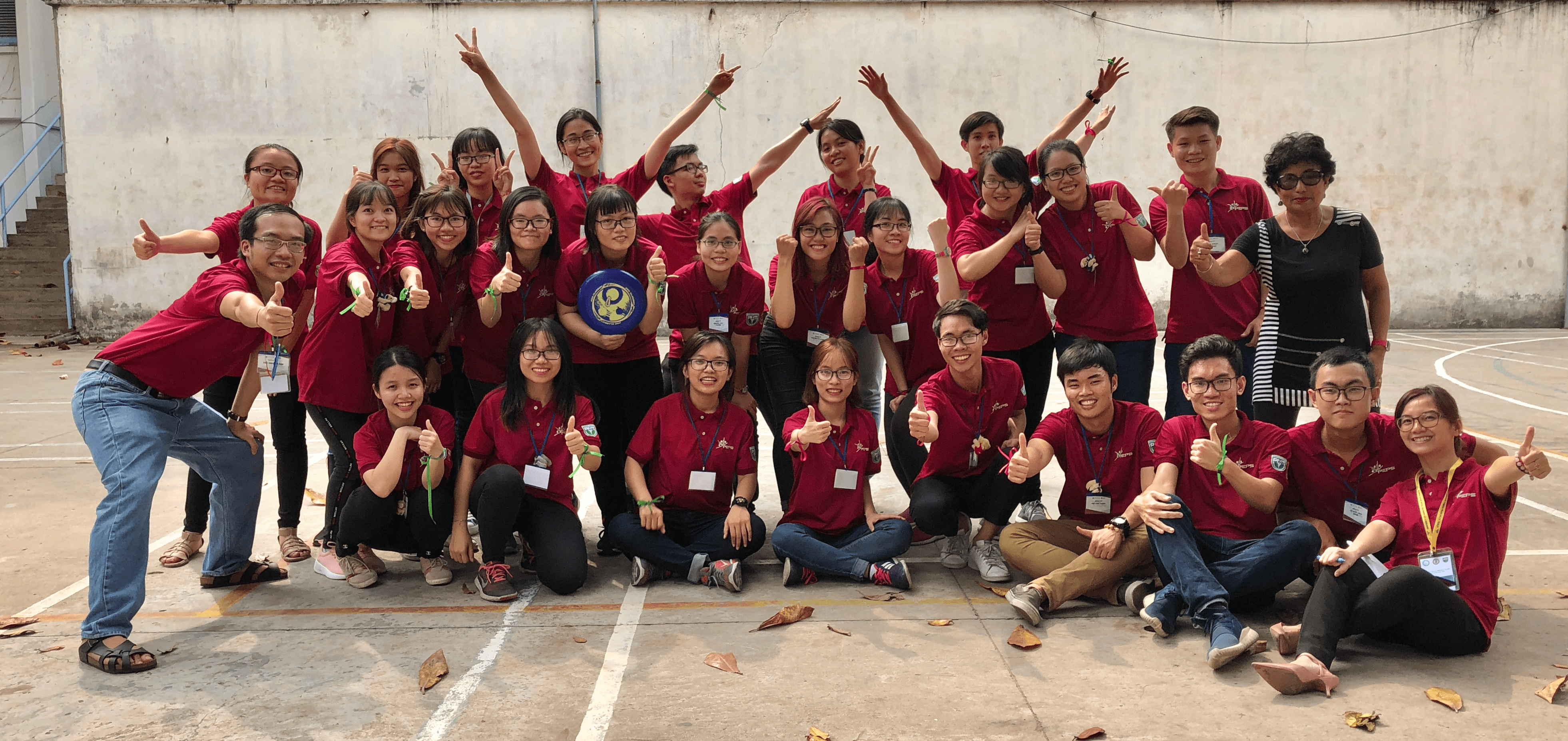
Where is the program now?
Since its inception, the program has grown and has reached over 40 NSW High Schools, mostly in Sydney’s west and more recently in the Northwest of NSW. The SALSA program has been adapted to suit students in Vietnam, Jordan and China.
We look forward to expanding and reaching more schools and students in the coming years.
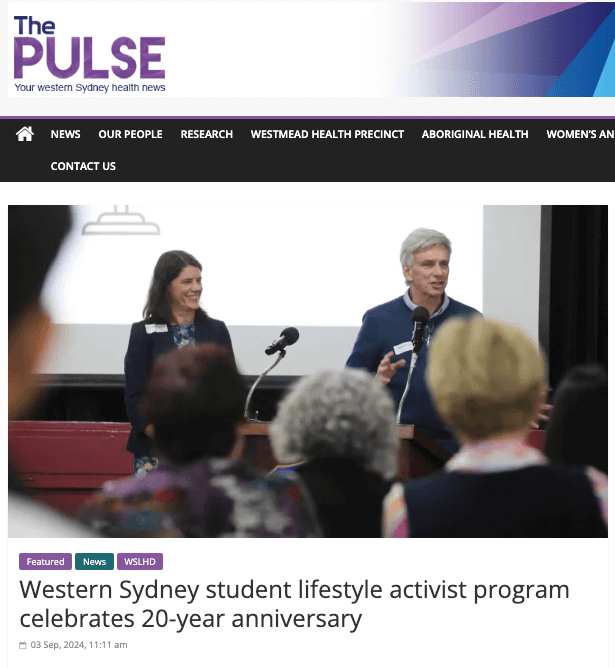
Western Sydney student lifestyle activist program celebrates 20-year anniversary
Principals, teachers and participants have a lot to say about SALSA


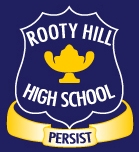

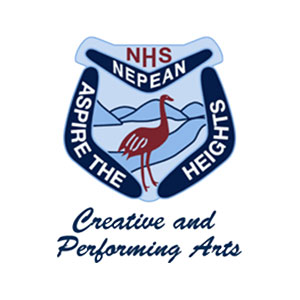

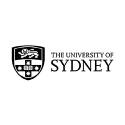




Let’s Partner To Give Students A Voice
Contact us to learn more about our empowerment programs that give students a voice to create supportive environments in their school community.
